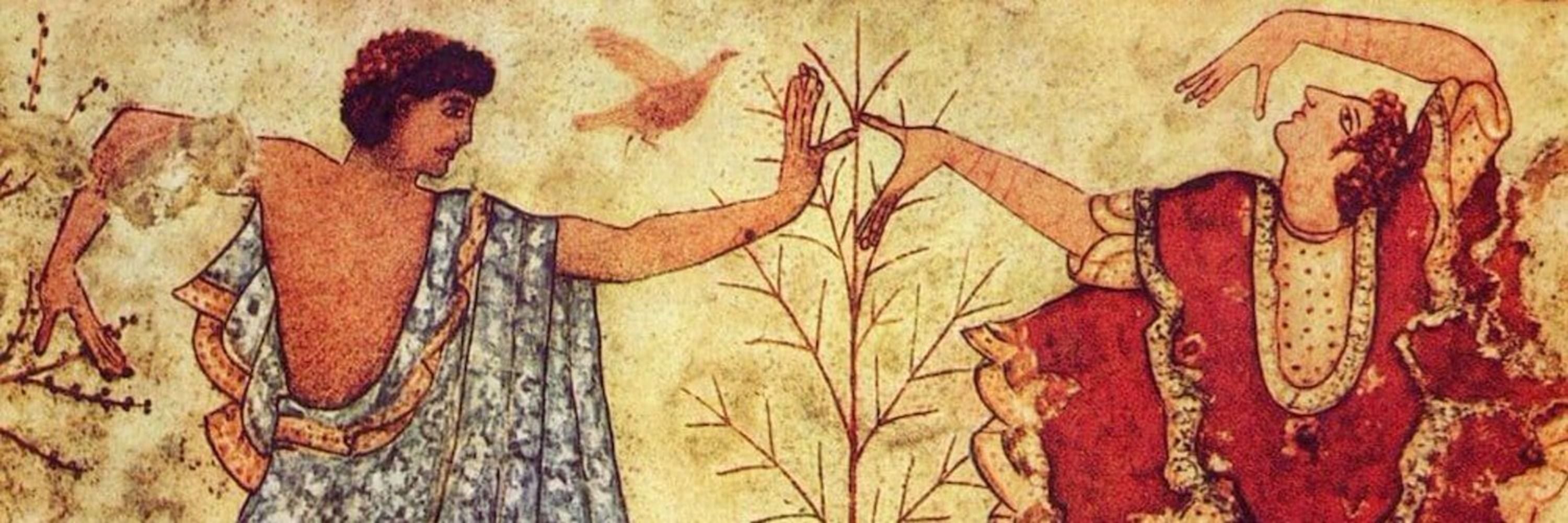
https://philpeople.org/profiles/georg-gangl
If you are further interested in the relationship between Critical Theory and the Vienna Circle, I can recommend the work of Andreas Vrahimis; for instance this text: philpapers.org/rec/VRASSP.

If you are further interested in the relationship between Critical Theory and the Vienna Circle, I can recommend the work of Andreas Vrahimis; for instance this text: philpapers.org/rec/VRASSP.


